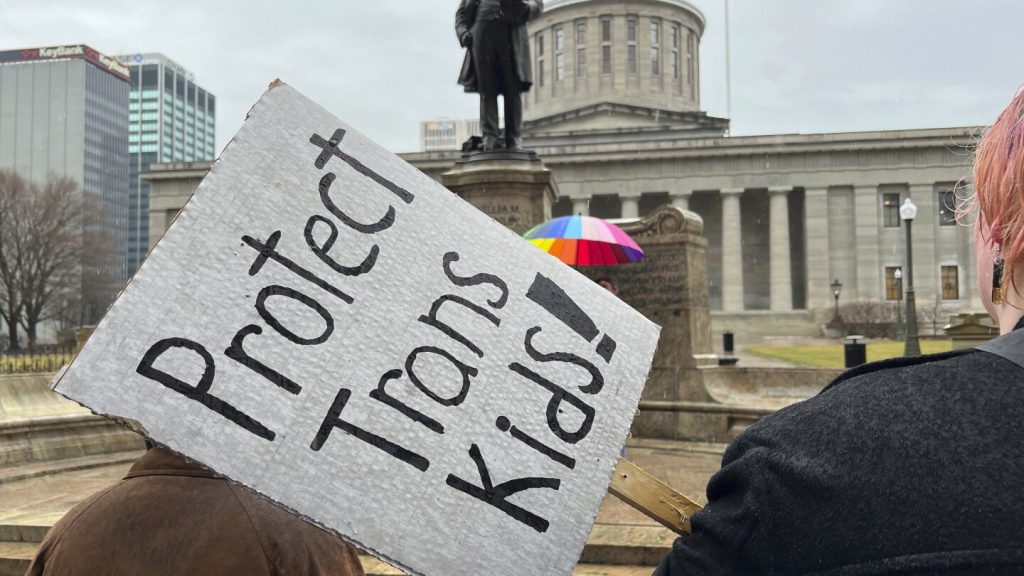The Biden administration has finalized new rules that will protect the rights of LGBTQ+ students and provide new safeguards for victims of campus sexual assault. These rules, part of a revised Title IX regulation issued by the Education Department, aim to dismantle protections for students accused of sexual misconduct put in place by former Education Secretary Betsy DeVos. However, the new policy does not address transgender athletes, as originally planned. This omission is seen as a political maneuver during an election year where Republicans have been supporting bans on transgender athletes in girls’ sports.
Education Secretary Miguel Cardona stated that the new rule is designed to ensure that everyone can access safe and welcoming schools that respect their rights. The regulation clarifies schools’ obligations under Title IX, the 1972 sex discrimination law, and extends protections to LGBTQ+ students facing discrimination. This move has been met with criticism from Republicans, who argue that Congress never intended such protections under Title IX. The new rule also challenges state bathroom restrictions for transgender students, defining treating them differently from their classmates as discrimination.
The updated regulations widen the type of sexual misconduct that schools are required to address and grant more protections to students who bring accusations. Notably, the rules lower the bar for defining sexual harassment, making it easier for students to report incidents that limit their access to education. The regulations also eliminate the requirement for live hearings in cases of sexual misconduct, which was a contentious provision under the DeVos rules. Instead, college officials can conduct separate interviews with students and provide recordings of responses.
Despite the focus on safeguards for victims, the new rules still preserve certain protections for accused students. All students must have equal access to evidence, witnesses, and an advisor for campus hearings. Colleges must also have an appeals process, and accused students must be found responsible for misconduct before facing discipline, except in cases of emergency removal for campus safety. The American Council on Education supports the new guidelines but criticizes the short compliance deadline of August 1, saying that implementing the changes on campuses in such a short period presents challenges.
This latest overhaul of Title IX regulations continues a back-and-forth political battle as presidential administrations rewrite the rules around campus sexual misconduct. The new rules have been criticized by former Education Secretary Betsy DeVos, who called them an assault on women and girls and criticized the procedures for handling sexual assault accusations. The rules are seen as a reversal of the Obama-era policy aimed at addressing campus sexual assault accusations. Despite the ongoing changes, some colleges have been advocating for a political middle ground to bring stability to the regulations.


